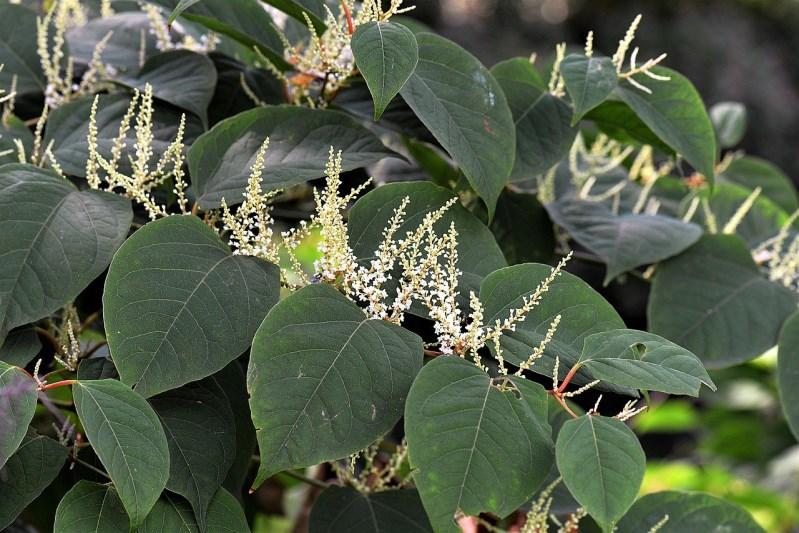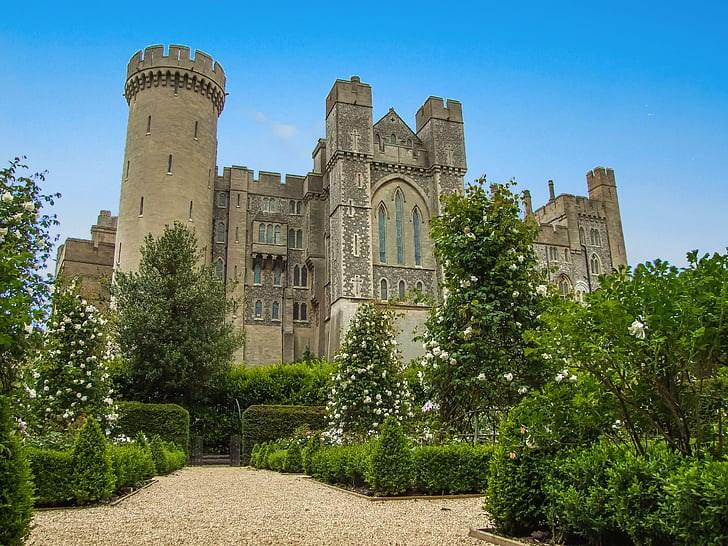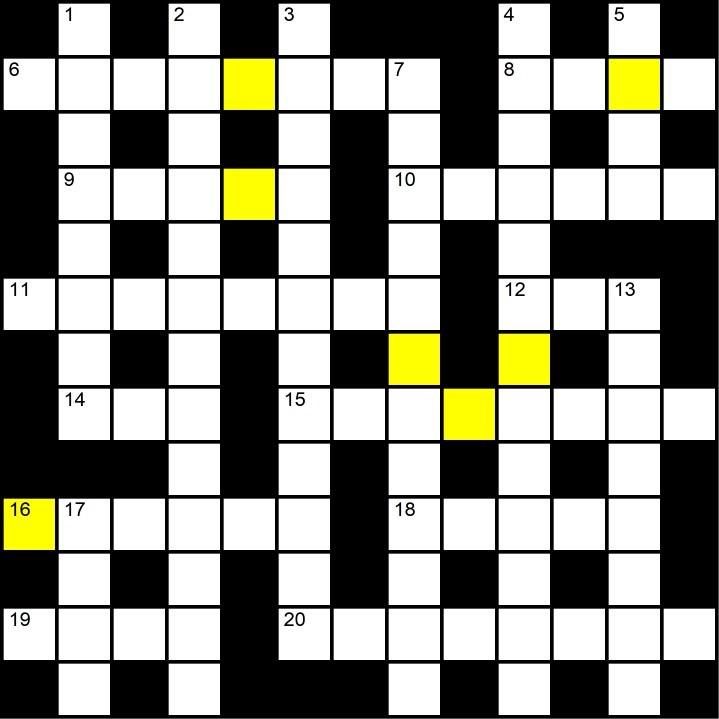46
History
Old village customs by Lawrence Graburn First published June 1964 By Mark Phillips Lawrence Newall Graburn (pen name Newell Duke) was born at Wepham, near Arundel in 1881. His father was Newall Graburn who was a tenant of the Duke of Norfolk at Wepham Farm. He in turn had inherited the farm from his father, Thomas Graburn, who moved to this area in 1861.
from Devine service. This customer still being carried out in some eastern countries. The practice of carrying the coffin long distances ended when the squire told his son he would like to be taken to his last resting place in a wagon drawn by his two favourite horses, driven by his carter dressed in a smock. All the other employees had to walk behind the coffin and have their refreshments at the Manor on their return. One day at the end of the 1800’s, I was walking with vicar of this downland village. He was an old man and had been vicar of the parish for over 50 years. We hadn’t gone far, when we met a pretty village girl. Lawrence Graburn
Lawrence turned to writing after he was forced to give up his farm tenancy in the late 1930's during the agriculture depression. His late daughter and good friend of mine, Rosamund, told me that had he waited a few months; the second world war would have made farming profitable again. Lawrence loved the country life and the local characters and spent many hours over the years chatting to them in their homes, over garden gates and in the local pub over a pint or two. The following was published the year before he died. At the end of last century, villagers did not like their dead to go the other way to ‘God's Acre’ than on the shoulders of the bearers, and often refused a horse and cart, even if offered Lawrence Graburn (aka Newall Duke) outside Wepham House - c1905 one. Sometimes a death would occur in a homestead, two or more miles from the church. I once met one of these funeral processions in a narrow lane on a hot July day. It was headed by the wheelwright and undertaker. As we met, I heard him say to the bearers, “I’ve opened the next gate down the lane, so you can have a rest there.” The coffin was balance on the gate, so that the bearers could rest. While the bearers were resting, the undertaker told me about the old shepherd the coffin contained. The elder son, also a shepherd, had come from a great distance to attend the funeral. On arrival he had insisted upon having the coffin lid unscrewed, so that he could put a lock of wool in the old man's hand. This ancient custom was of course to show the man's calling, and to excuse him to his maker for absences
“Well my dear, I'm going to marry you on Saturday aren’t I?” He said. “Yes sir,” she replied, blushing. “It doesn't seem any time ago that allows your parents. Where are you going to live when you are married?” “I'm going to live at High Barn with my young man’s mother, sir.” Oh dear! I don't like that. Haven’t you heard that you can't have two queen bees in one hive?” said the vicar with a twinkle in his keen old eyes. “There will only be one, sir,” she replied, “and she’ll be queen.” All right, I shall come and see you after you are married, my dear. There was more about bees and their wedding day. The young couple walking from the church, they were stopped by an old friend of the family, who told them he had just taken a swarm of bees in a skep and put them in their garden as a wedding present. This was the last Skep from a c17th woodprint occasion on which this old custom was observed in the village. It was a relic of the days when bees were a treasured wedding present, before the days of sugar, when honey was the only sweetener and nearly every cottage kept bees in straw skeps. By Historian Mark Phillips with thanks for notes from Adge Roberts and David Shilston.













